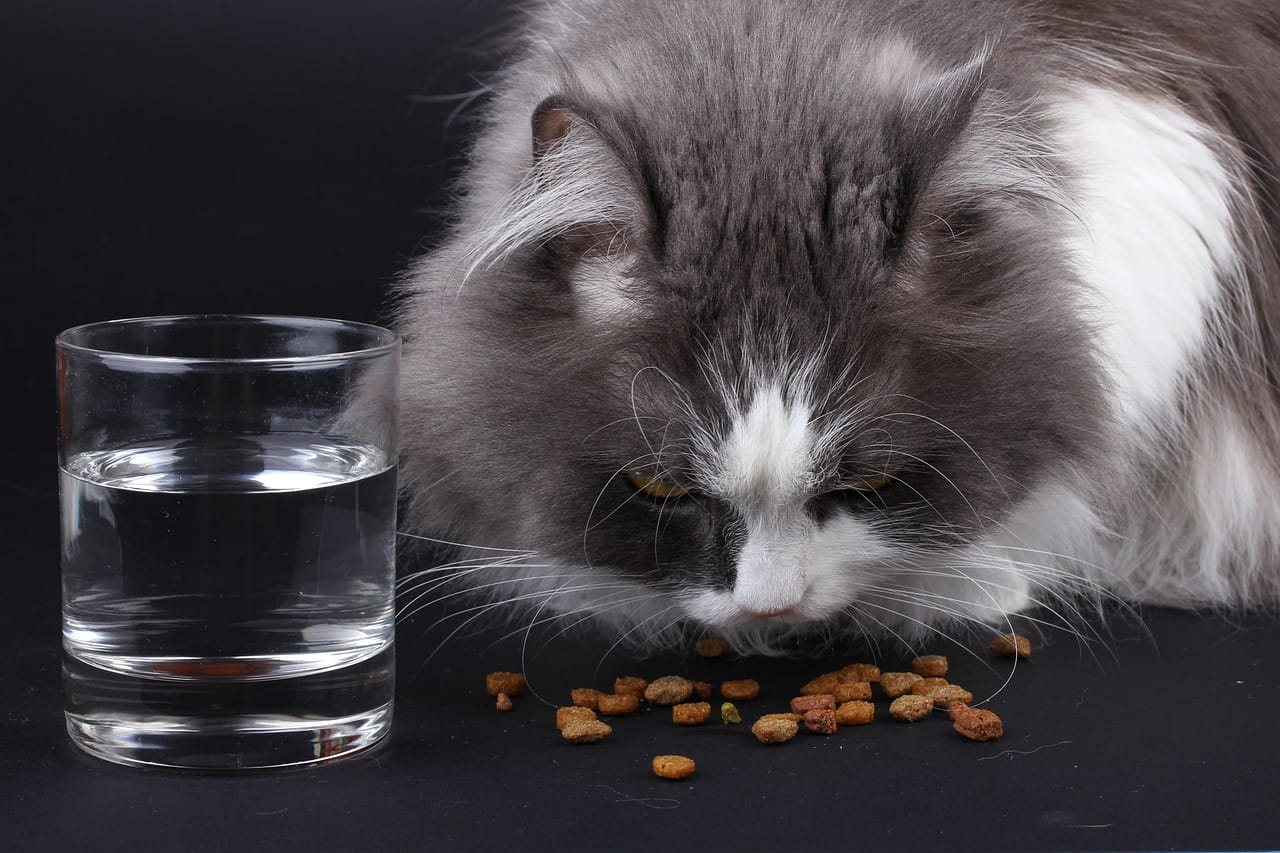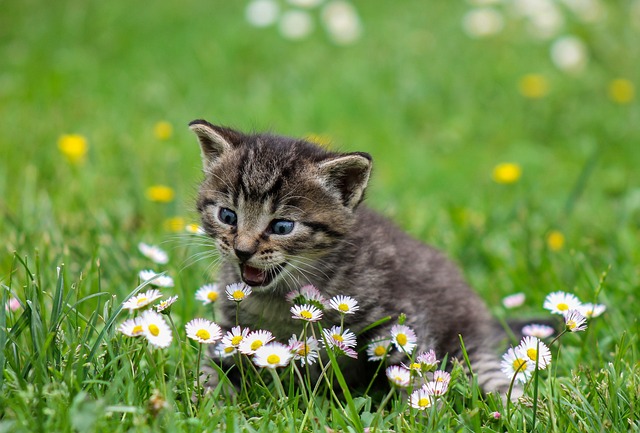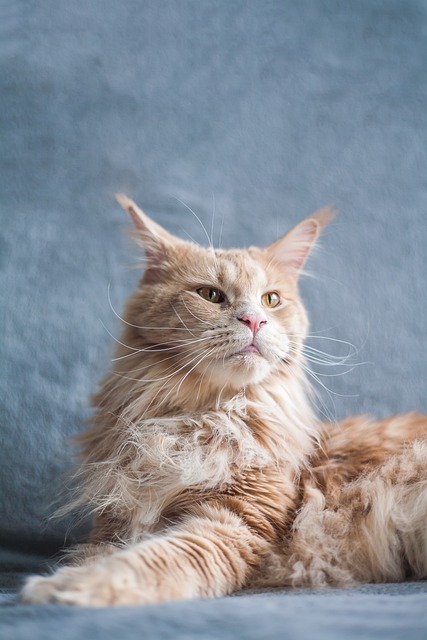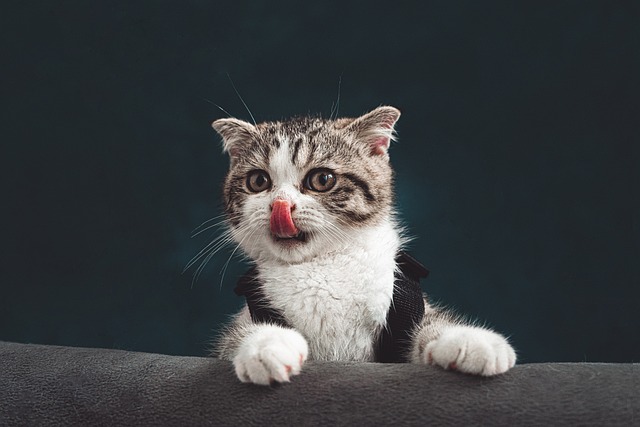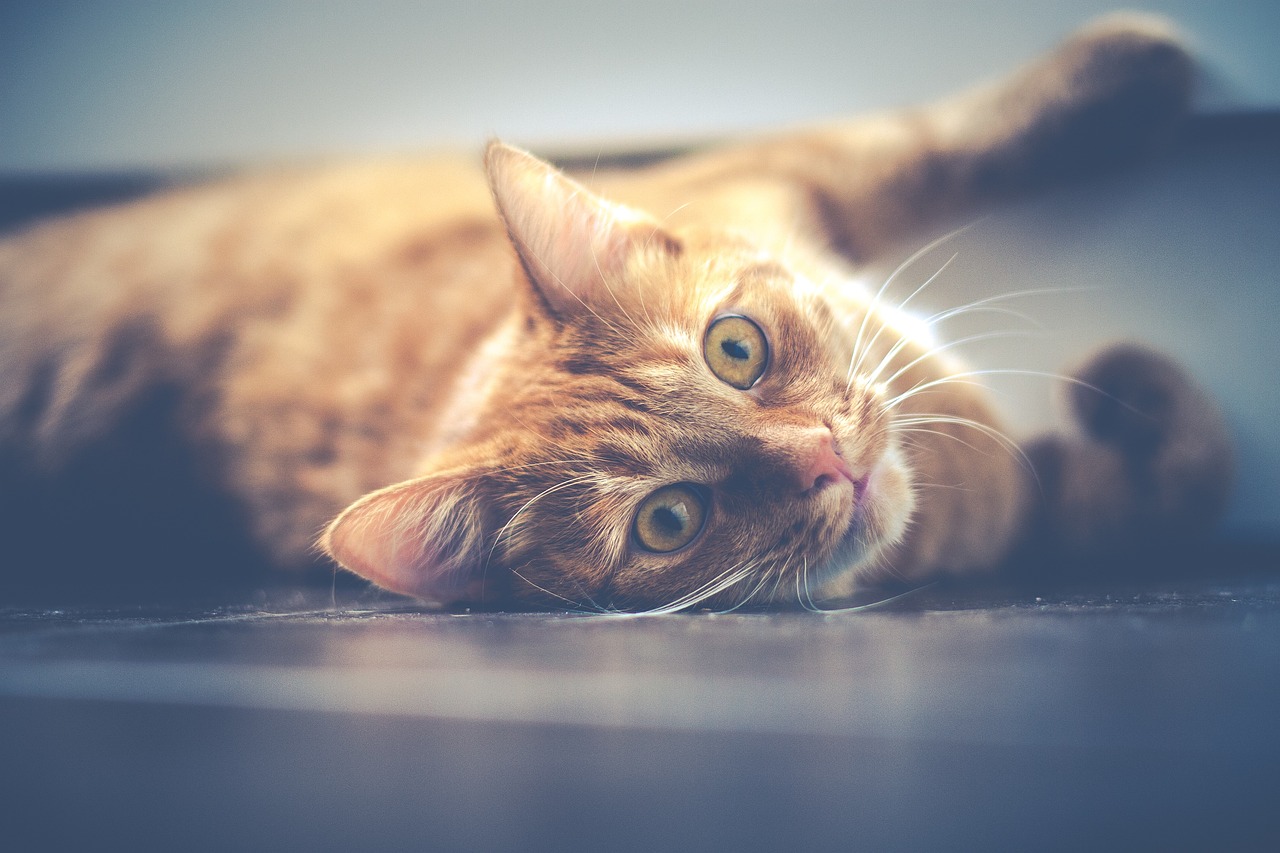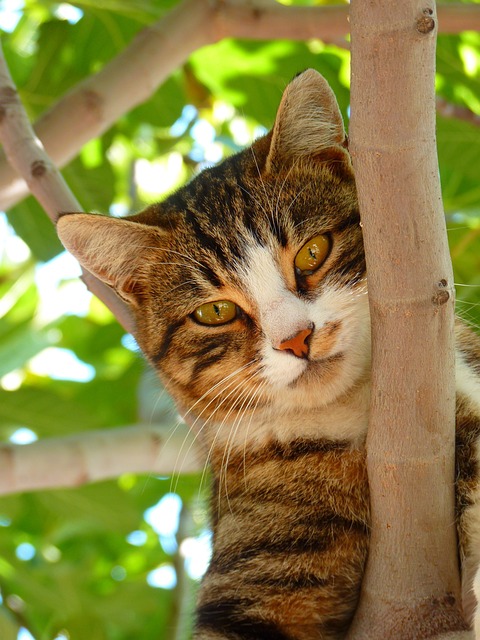Cats, known for their discerning appetites, may sometimes exhibit signs of appetite loss, which can be concerning for pet owners. In this comprehensive guide, we’ll delve into the various factors that can contribute to a cat’s decreased appetite and explore potential solutions to address this issue of cat not eating effectively.
I. Health-related Issues
A. Dental Problems:
Dental issues such as tooth decay, gum disease, or oral lesions can make eating painful for cats, leading to appetite loss. Cats rely on their teeth to chew food properly, and any discomfort in their mouths can deter them from eating. Regular dental check-ups and dental care routines, including tooth brushing and dental cleanings, can help prevent these issues and ensure your cat’s comfort while eating.
B. Gastrointestinal Upset:
Digestive disorders like gastritis, inflammatory bowel disease (IBD), or intestinal parasites can cause discomfort and appetite loss in cats. Cats with gastrointestinal issues may experience symptoms such as vomiting, diarrhea, or abdominal pain, all of which can affect their desire to eat. Dietary adjustments, such as switching to a sensitive stomach formula or providing probiotics, along with veterinary treatment, can help alleviate gastrointestinal issues and restore your cat’s appetite.
C. Illness or Disease:
Underlying medical conditions such as kidney disease, diabetes, hyperthyroidism, or cancer can significantly impact a cat’s appetite. These conditions may cause changes in metabolism, hormonal imbalances, or organ dysfunction, all of which can affect your cat’s appetite and overall health. Prompt veterinary care, including diagnostic tests and treatment plans, is essential for managing these conditions and supporting your cat’s well-being.
II. Environmental and Behavioral Factors
A. Stress and Anxiety:
Environmental changes, such as moving to a new home, introducing a new pet or family member, or loud noises, can stress cats, leading to a decreased desire to eat. Cats are creatures of habit and may become anxious when their routines are disrupted. Providing a safe and secure environment, along with comforting routines and enrichment activities, can help reduce stress and anxiety in cats and encourage them to eat.
B. Changes in Routine:
Alterations in feeding schedules or disruptions in daily routines can cause stress and anxiety , resulting in your cat not eating. Cats thrive on predictability and may become unsettled when their routines are changed. Maintaining consistent feeding times and minimizing changes in your cat’s environment can help prevent disruptions to their eating habits and promote a healthy appetite.
III. Medication and Treatment Side Effects
A. Medications:
Some medications, including antibiotics, pain relievers, or chemotherapy drugs, may have side effects that suppress a cat’s appetite. Cats may experience nausea, lethargy, or changes in taste perception when taking certain medications, all of which can affect their willingness to eat. Consulting with your veterinarian about alternative medications or adjusting dosage levels can help minimize these side effects and encourage your cat to eat.
B. Recovery from Illness or Surgery:
Cats recovering from surgery or illness may experience temporary appetite loss due to discomfort or the effects of anesthesia. Surgical procedures and medical treatments can be stressful and physically taxing for cats, leading to decreased appetite during the recovery period. Providing soft, easily digestible food, monitoring your cat’s hydration status, and offering extra comfort and support can help ensure they receive the nutrition they need during this time.
IV. Dental Hygiene and Care
Poor dental hygiene can be the reason your cat is not eating . Dental disease, tartar buildup, or tooth decay can cause pain and discomfort while eating, resulting in appetite loss. Cats rely on their teeth to chew food effectively, and any issues with their oral health can interfere with their ability to eat comfortably. Regular brushing, dental cleanings, and veterinary check-ups can help maintain your cat’s oral health and prevent dental issues that may affect their appetite.
V. Age-related Changes
As cats age, they may experience changes in their appetite and dietary needs. Senior cats may develop dental issues, decreased sense of smell or taste, or underlying health conditions that affect their appetite. Older cats may also have reduced mobility or energy levels, which can impact their eating habits. Providing a senior-specific diet, regular veterinary check-ups, and supportive care can help address age-related changes and ensure your senior cat maintains a healthy appetite.
VI. Nutritional Deficiencies
Inadequate nutrition or imbalanced diets can lead to appetite loss and other health problems in cats. Cats require a diet that is complete and balanced, providing essential nutrients such as protein, fat, vitamins, and minerals. Commercial cat foods that meet the AAFCO (Association of American Feed Control Officials) standards or balanced homemade diets formulated by veterinary nutritionists are recommended to meet your cat’s nutritional needs. You need to avoid excessive treats or table scraps and offer a variety of high-quality cat food options. That can help ensure your cat receives the nutrients they need to thrive.
Strategies to Address Cat Appetite Loss
In this section we will explore effective strategies to follow when your cat is not eating, ensuring their health and well-being:
1. Veterinary Evaluation
Before implementing any solutions, it’s crucial to schedule a veterinary evaluation to rule out underlying medical conditions that may be contributing to cat appetite loss.
2. Dental Care
A. Dental Cleaning:
- Regular dental cleanings by a veterinarian can address dental issues that may cause discomfort while eating. B. Dental Treats:
- Providing dental treats designed to promote oral health can help maintain clean teeth and gums.
3. Diet Modification:
A. Wet Food:
- Offering wet food options can entice cats with reduced appetite due to dental pain or preference for moist textures. B. Variety:
- Introducing a variety of flavors and textures can stimulate a cat’s interest in food and encourage eating.
4. Feeding Routine
A. Scheduled Feedings:
- Establishing a consistent feeding schedule can help reduce stress and anxiety associated with meal times. B. Quiet Environment:
- Creating a quiet and calm feeding environment free from disruptions can promote relaxation during meal times.
5. Appetite Stimulants
A. Prescription Medications:
- In some cases, veterinarians may prescribe appetite stimulants to encourage eating in cats experiencing appetite loss. B. Nutritional Supplements:
- Nutritional supplements containing omega-3 fatty acids or probiotics may enhance appetite and overall well-being in cats.
6. Environmental Enrichment
A. Interactive Toys:
- Providing interactive toys and puzzles can stimulate mental and physical activity, enhancing a cat’s overall appetite and mood. B. Playtime:
- Engaging in regular play sessions with your cat can alleviate stress and anxiety, promoting a healthy appetite.
7. Monitoring and Follow-up
Regularly monitor your cat’s eating habits and behavior, and communicate any changes or concerns with your veterinarian. Follow-up appointments may be necessary to assess the effectiveness of implemented strategies and adjust treatment plans as needed.
Conclusion
Understanding why your cat is not eating is essential for their well-being. By identifying and addressing underlying causes, you can find the best solutions for cat lost appetite. Remember, if you notice any significant changes in your cat’s eating habits or overall health, consult with your veterinarian for proper diagnosis and treatment. Your veterinarian can provide personalized recommendations and support. That will help your cat regain their appetite and enjoy a happy, healthy life.

